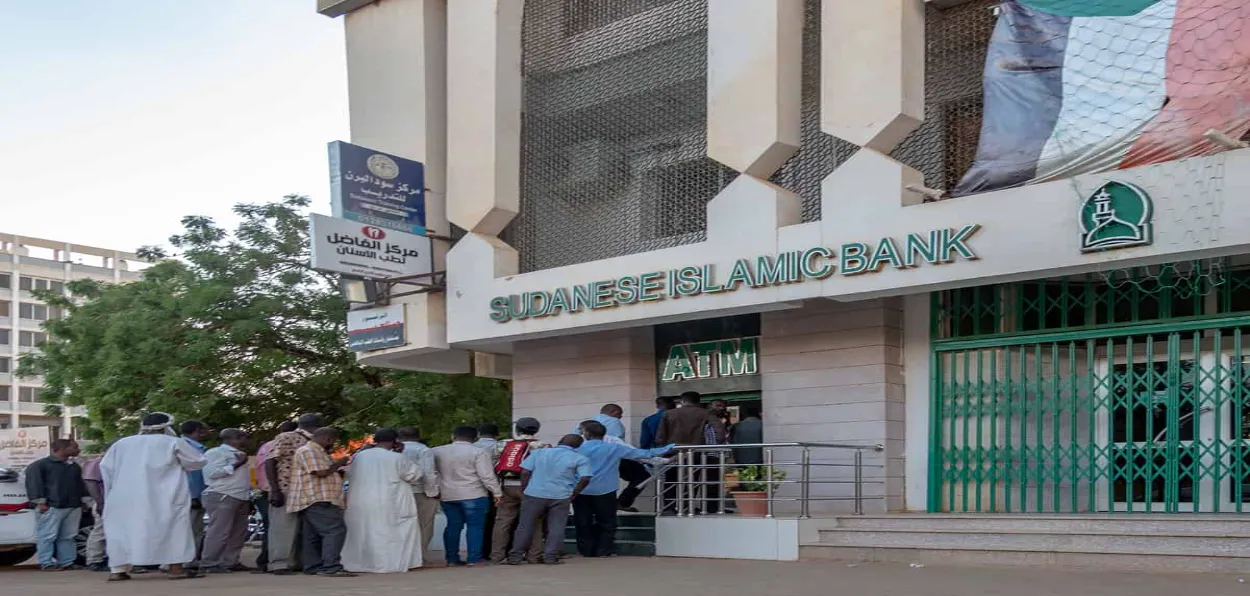
Eman Sakina
In Islam, money and wealth are not just tools for economic activity but deeply embedded in the ethical and spiritual framework of the faith. "Halal money" refers to wealth acquired, managed, and spent in a manner consistent with Islamic law, or Shariah.
Halal money must meet strict ethical criteria rooted in the Quran and the Sunnah (traditions of Prophet Muhammad). Several foundational principles determine whether it's halal money:
Prohibition of Riba (Interest):
Riba, or usury, is one of the gravest prohibitions in Islamic finance. The Quran explicitly forbids the charging of interest on loans, as it is considered exploitative and unjust. Verses such asSurah Al-Baqarah (2:275-279) provide a stern warning against engaging in riba, equating it to waging war against Allah and His Messenger.
Avoidance of Gharar (Excessive Uncertainty):
Contracts and financial transactions must be free of excessive uncertainty, ambiguity, or deception. Gharar is prohibited to ensure transparency, trust, and fairness between contracting parties.
Exclusion of Haram Sources:
Income derived from haram (forbidden) activities such as gambling (maysir), alcohol, pork, and unethical services is not considered halal. Engaging in these businesses, directly or indirectly, contaminates one's wealth.
Ethical and Fair-Trade Practices:
Islam encourages mutual consent, honesty, and justice in all business dealings. Deceptive practices, fraud, and exploitation are strictly forbidden.
Zakat and Wealth Purification:
Muslims must pay zakat, typically 2.5% of their accumulated wealth annually, to the needy. This act purifies wealth and redistributes resources to fulfill social and economic justice.
Earning Halal Money
Muslims are encouraged to seek lawful employment and conduct businesses that comply with Islamic ethics. Professions that involve aiding in haram activities or exploiting vulnerable populations are not acceptable. Examples of halal professions are: Trade and commerce in permissible goods, Agriculture, Teaching and education, Healthcare services, and Halal food production. Investments must also align with halal principles.
Stock market participation, for instance, is permissible if the company operates in a halal industry and does not deal in interest, gambling, or unethical practices.
Halal Banking and Finance
The modern Islamic finance industry has developed a variety of financial products and institutions that comply with Shariah law. Key features include:
Islamic Banks: Offer savings and investment accounts without interest. Instead, they use profit-and-loss sharing models like Mudarabah (trustee partnership) and Musharakah (joint venture).
Sukuk (Islamic Bonds): These are structured to generate returns without infringing on the prohibition of riba.
Takaful (Islamic Insurance): Operates on the principle of mutual assistance and shared responsibility, rather than profit from risk.
Islamic Microfinance:Provides small, interest-free loans to support entrepreneurship among the poor.
In Islam, the niyyah (intention) behind earning and spending money is crucial. Wealth should be pursued not for greed but to fulfill one’s responsibilities, support family, contribute to the community, and attain the pleasure of Allah. Misusing wealth or hoarding it for selfish ends is discouraged.
Spending Halal Money
How money is spent is just as important as how it is earned. Spending should be on permissible needs and desires, to support one’s family and dependents, in charity and community development while avoiding extravagance and wastefulness
Allah says in the Quran (Surah Al-Isra, 17:26-27): "Give the relative his right, and [also] the poor and the traveler, and do not spend wastefully. Indeed, the wasteful are brothers of the devils."
Consequences of Unlawful Wealth
Money earned through unlawful means leads to spiritual and social consequences. The Prophet Muhammad warned that du'as (prayers) may not be accepted if one consumes haram earnings. Furthermore, it can lead to injustice, corruption, and societal instability.
ALSO READ: Flood alert in PoK as India releases water post IWT suspension
In a world increasingly concerned with ethical finance, the principles of halal money offer a time-tested model for financial integrity and social responsibility. Through halal earnings, Muslims seek not only worldly success but also the blessings of Allah in both this life and the hereafter.
